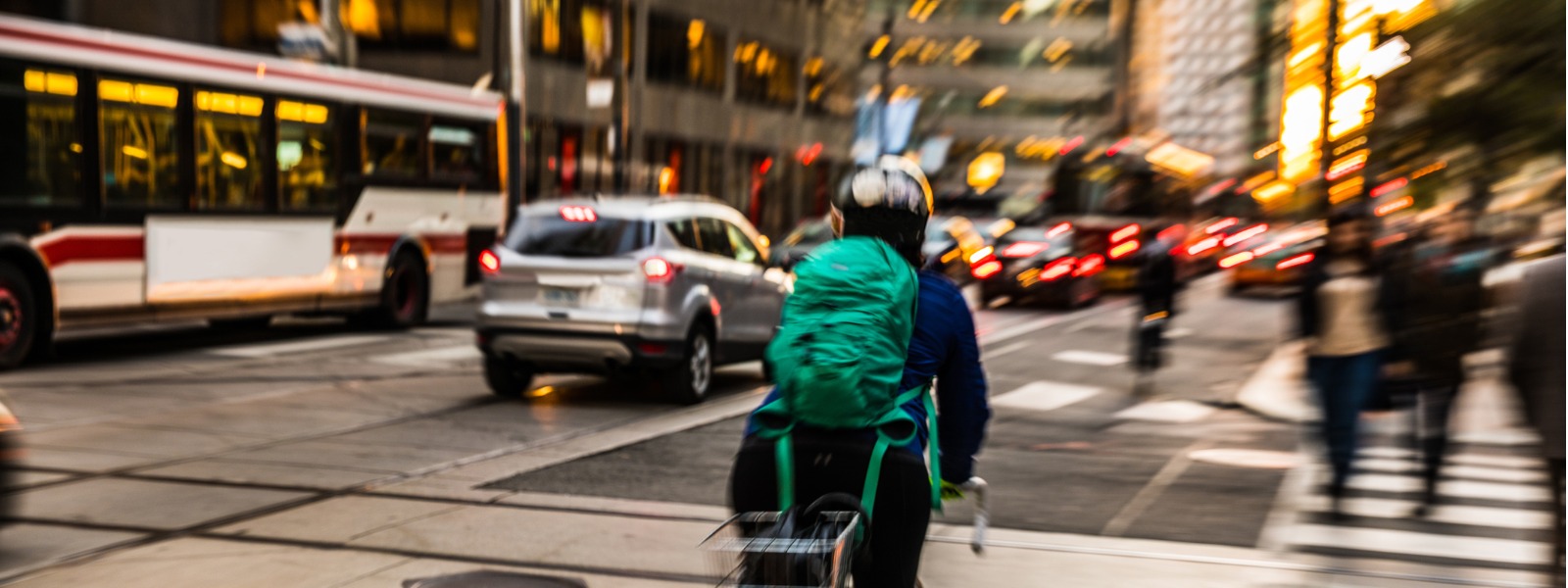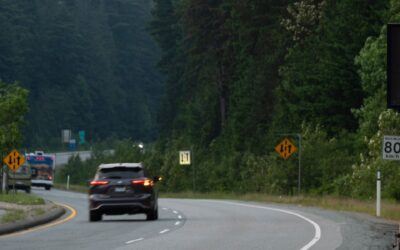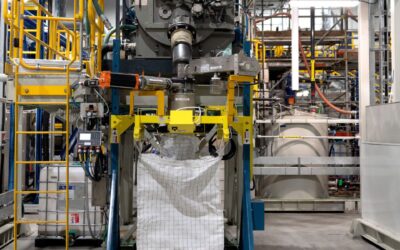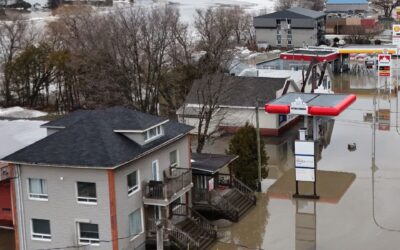I’ve spent 32 years avoiding car ownership. But COVID-19 is changing the math for me—and I’m not alone. What will it mean if more millennials forgo their avocado toast and get behind the wheel?
Pedal power vs. horsepower
My relationship with cars is complicated. I’ve mostly lived in cities where I can get around on two feet or two wheels. Climate change—along with cost—is the main reason why I’ve avoided car ownership. I’m also keenly aware of the noise, pollution, and traffic that cars add to communities, both through past research and from living within spitting distance of the TransCanada highway in BC.
Yet I also recognize that cars can make our lives easier. I grew up borrowing the old family station wagon in Halifax, where biking and transit weren’t always good options. Where I live now in Vancouver, I use car-sharing during those monsoon winter rains and rentals for longer trips.
So, while I’ve avoided cars as much as possible, I recognize the benefits. Consider it a socially distanced relationship.
COVID-19 is changing the math
COVID-19 has posed new challenges to the car-free. It’s hard to get a week’s worth of groceries by bike or foot. And I’ve been avoiding smaller neighbourhood grocery stores in favour of bigger stores that are farther away, but are more spacious and well-stocked.
I’m also reprioritizing. With family a few hours away, my partner and I want an easier escape from the city without dealing with multiple transit connections and having to sit in the common areas on BC ferries. Car rentals and car-shares require interacting with more people, and getting into a confined space that others recently occupied. And with only local vacations happening in the foreseeable future, having a vehicle sounds pretty darn good right now.
Everyone is responding to COVID-19 differently. These are my own unique circumstances. And I recognize the privilege in this entire dilemma. Thousands of people in Canada are worried about how to put food on the table or how to teach their kids at home, let alone whether to buy a car. The most immobile in society often don’t have a choice.
But I also get the sense that I’m not alone. There’s an entire cohort of young(ish) people out there who currently don’t own a vehicle that may be tempted to take the plunge.
The transportation system of tomorrow is shaped by choices today
So, what if more millennials flock to car ownership like never before? Prior to COVID-19, car ownership among young generations was already dropping like a stone, especially among city-dwellers. And since the onset of the virus, car sales have plummeted across all age categories. Could currently car-free millennials be the spark that reignites car sales?
Any increase in car ownership will clearly have lasting effects. The average car lasts about 10 years and could lock in an entirely new demographic to relying on cars. What’s more, it could reinstate car culture in a generation that has so far rejected it and in cities that have made hard-fought gains to expand active and public transit.
The choice in car matters a lot. The upfront cost of buying an EV is still high and probably out of reach for those with smaller budgets and precarious incomes, especially those affected by COVID-19. It seems entirely plausible that many first-car buyers will opt for a gas-powered model. Second-hand cars can be bought at a bargain and gas is dirt cheap. Yet a new wave of demand for these vehicles would make it that much harder for Canada to reach its climate targets. It could also worsen local air quality, particularly if thrifty buyers flock to cheap clunkers. Depending on how traffic patterns emerge from the crisis, more cars could increase traffic and all the woes that come with it.
What’s a government to do?
Government policy can influence how this all shakes out. Policy can shape whether car ownership gets a second wind from millennials and Gen Z and could also affect the types of vehicles they buy.
Better active and public transit options would surely help entice people away from car dealerships. A lot of people (myself included) have been scared away from public transit by COVID-19, and it could take a long time to rebuild confidence in transit. Increasing health and safety measures, staggering work hours, and maintaining existing social-distancing rules would help lure us back. At the same time, wider and safer streets for cyclists and pedestrians are triggering a shift away from cars in some cities. The spike in global bike sales is telling. Building up active and public transit are both worthwhile priorities with a long list of health and environmental benefits.
For those still considering buying a car, policy choices can steer them in a direction that makes our transportation systems cleaner. Bigger and more targeted rebates for electric vehicles would certainly tempt people like myself to buy electric, but I also know these rebates can be a costly way to drive behavioural change. Better charging infrastructure and higher fuel prices would also help tip the scales. So too would a higher price on carbon, particularly if oil prices remain low. Government support for new research and development could help indirectly by driving down technology costs.
Slowing my roll
Like any big purchase, my partner and I are taking this one slow. It’ll be another six months or so before we make our decision, and a lot could happen between now and then that push us in either direction. We want a better sense of whether current conditions reflect a “new normal.”
Whatever we personally decide to do, there’s no question that COVID-19 could reshape transportation systems and have lasting effects. And not necessarily for the better, if people avoid transit and start buying cars for the first time. As governments start sizing up their economic recovery plans, they should think about an entire cohort of car-less people being tempted by four wheels on the open road.
You might also like…





